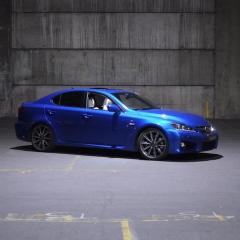Babalouie ISF Maintenance Thread
-
Latest Member Posts
-
-
0
1999 Lexus es300 two tone
Hi everyone, I'm new to the group. I have a 1999 lexus es300. It has made 266k km so far, however it starts showing oil leak. I enjoy driving her daily so much and sad to let her go. Can I pls have advice if there is any way to fix oil leak. I'm based in WA, Australia. Any recommendations of reliable stores. I appreciate your advice. -
-
0
Car tyre valve stems, TPMS?
On my recently purchased 2014 NX 300h the tyre valve stems are solid metal not rubber like normal. Does this mean I have TPMS? In the Setup screen TPMS is there but does not respond to a button click. Baz -
-




Recommended Posts
Create an account or sign in to comment
You need to be a member in order to leave a comment
Create an account
Sign up for a new account in our community. It's easy!
Register a new accountSign in
Already have an account? Sign in here.
Sign In Now